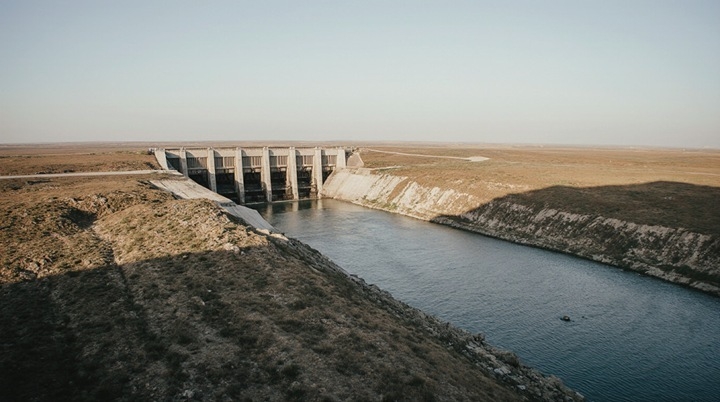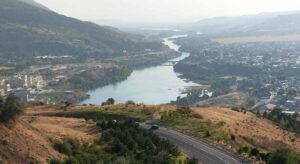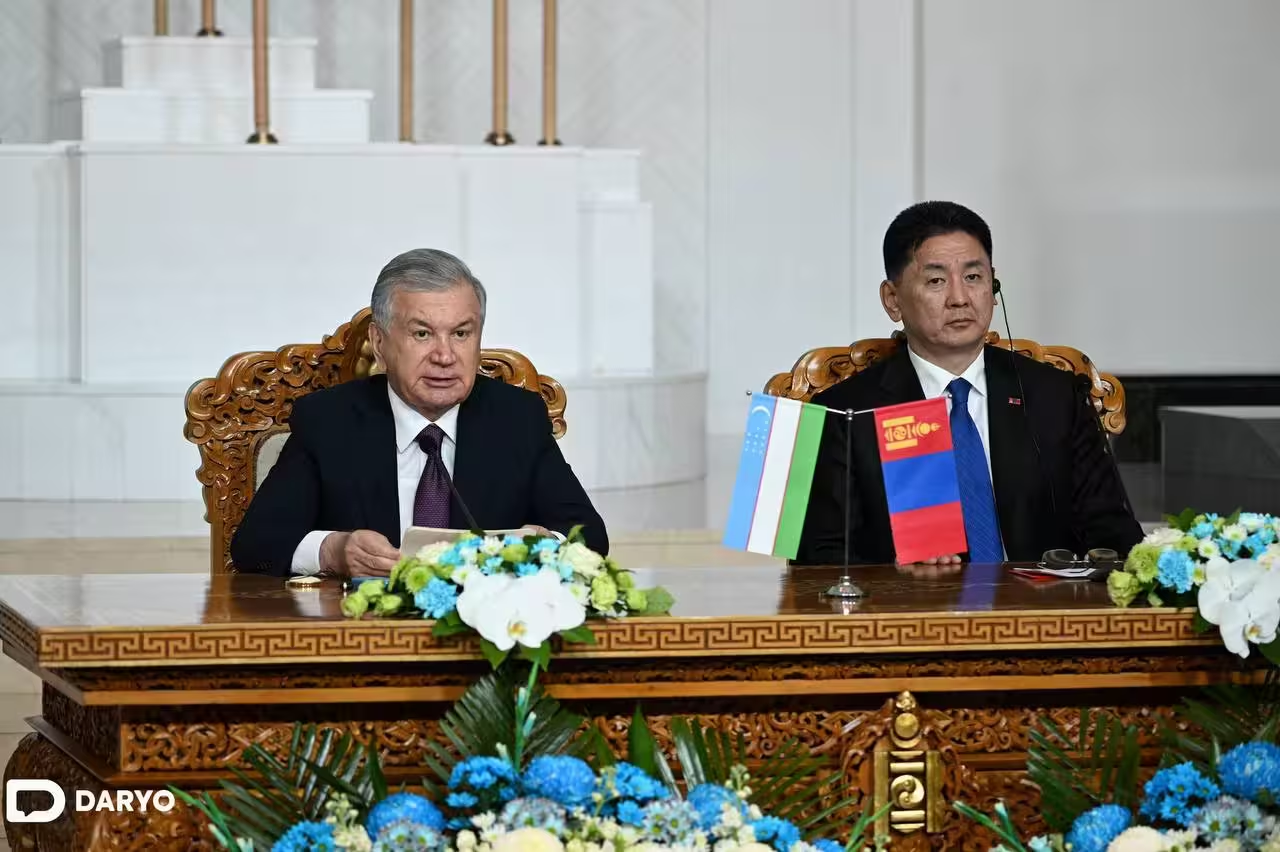The World Bank has decided to provide Uzbekistan with a preferential loan in the amount of $150 million. These funds are intended for a new project, which, as stated in a bank press release released today, is designed to develop the small hydropower sector and increase the stability of electricity supply in the country. It is noteworthy that it is planned to involve the private sector, including local developers of small hydroelectric power plants and commercial banks, in the implementation of the project, which raises questions about the priorities – whether these will be exclusively economic benefits or whether due attention will be paid to environmental aspects.

Forecasts indicate that Uzbekistan’s electricity demand could double by 2030, reaching more than 120 billion kilowatt-hours. Despite the declared growth in electricity production, about 10% of current needs remain unmet, which results in power outages, especially acute in regions with insufficient energy supply and rural areas. Problems in energy transmission and distribution systems are cited as the main cause of such failures, but the construction of new generating capacities, even small ones, also requires careful analysis of their integration into existing networks and potential environmental impact.
Small hydroelectric power plants with a capacity of 100 kW to 5 MW, which are expected to be located on existing irrigation canals, are presented as a practical solution to increase electricity generation in energy-scarce areas. They are said to be capable of improving the reliability of electricity supply and contributing to regional development.
The project developers emphasize the economic efficiency of small hydroelectric power stations and the minimum costs of their maintenance. The ability to use the existing network of irrigation canals is expected to make such facilities attractive to private investors focused on small-scale renewable energy sources. However, when assessing economic feasibility, it is important to take into account not only direct costs, but also possible environmental damage, which often remains outside the scope of such calculations, as well as the cumulative effect of the construction of many such facilities.
According to Tatyana Proskuryakova, World Bank Regional Director for Central Asia, the government of Uzbekistan intends to invest in the construction of about 3,000 small hydroelectric power plants, bringing their total installed capacity to 160 MW by 2026, which, according to calculations, will provide electricity to an additional 280 thousand people. Funded by the World Bank and implemented by the Ministry of Energy of Uzbekistan in 2025–2030, the project should contribute to the achievement of these ambitious plans. It provides for providing access to financing through Uzbek banks for local developers of small hydroelectric power station projects. In addition, some $38 million in private investment is expected to be raised to expand hydropower infrastructure. The scale of these plans raises natural concerns regarding the cumulative impact of such a number of hydraulic structures on the country’s water resources and ecosystems.
It is expected that by 2030, the project will finance the construction of small hydroelectric power plants with a total installed capacity of up to 150 MW. It is predicted that they will annually generate over 520 gigawatt-hours of electricity, which is positioned as «environmentally friendly». It also claims to reduce carbon dioxide emissions to 430,000 tons per year.
Currently, the project has preliminarily identified about 270 sites considered suitable for the construction of small hydroelectric power stations on existing irrigation canals in various regions of the country. Most of these sections (93%) are designed for stations with a capacity of 100 to 1000 kW. Electricity produced by small hydroelectric power stations, which will be financed within the framework of this project, will be purchased by JSC «Regional Electric Networks».
The project is also announced as having great potential for creating new jobs, stimulating local production and intensifying economic activity in areas where small hydroelectric power plants are located. Of course, the socio-economic development of regions is an important task, but it must be sustainable and not undermine the natural basis, on which the well-being of the local population largely depends in the long term.
Alexander Eskendirov (Rivers.Help!)




